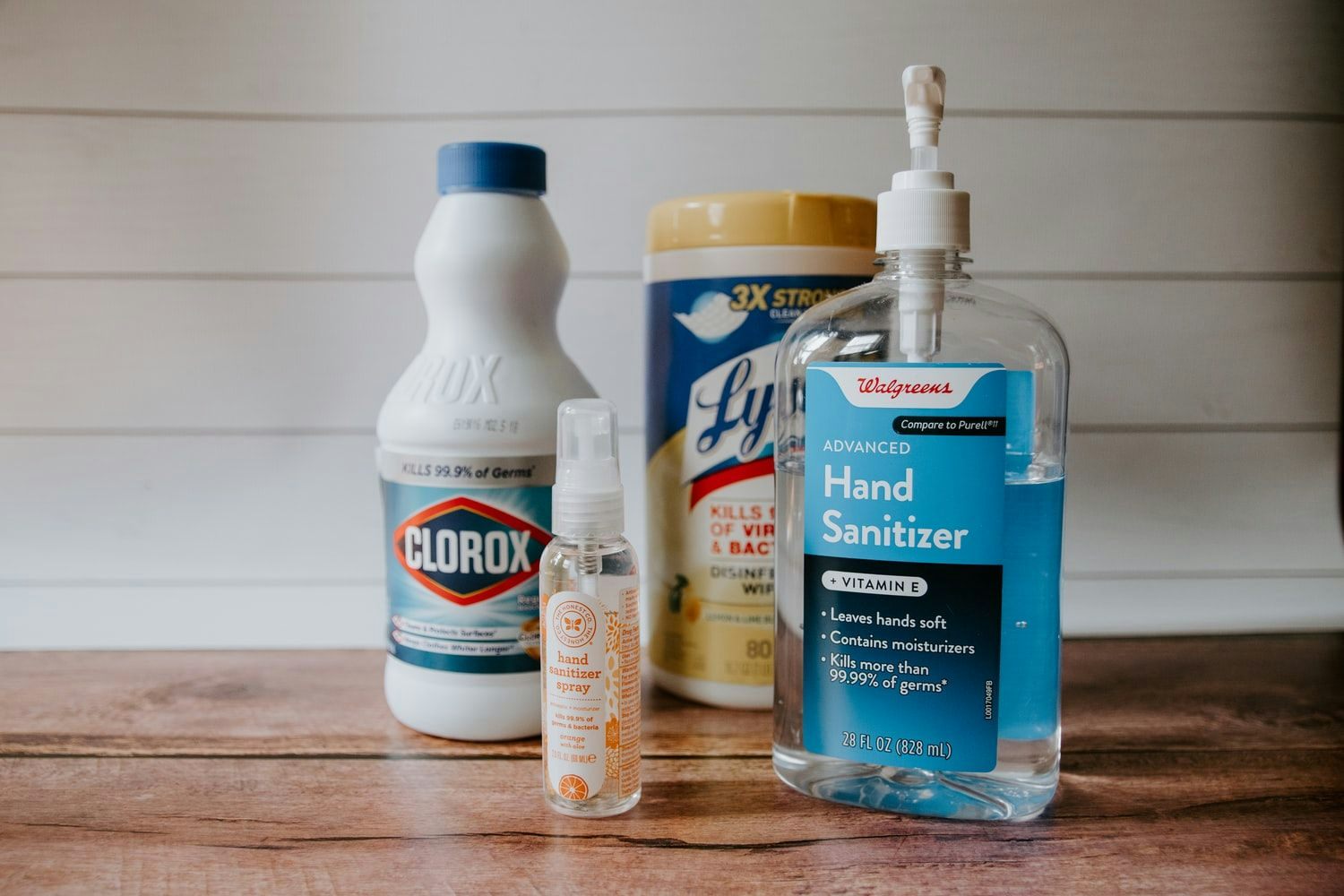Contact tracing is an effective--and important--way to manage the COVID crisis and ensure safe reopenings. As we have covered before, contact tracing involves interviewing individuals exposed to the virus and investigating who they have been in contact with in order to create a complete map of the community spread. It has been extremely effective in Germany and South Korea.
Several US states have announced major, large scale contact tracing programs, including Michigan and California, but the most extensive plan is for the vicinity of hard-hit NYC, with a coordinated plan being rolled out in New York State as well as New Jersey and Connecticut. Officials plan to hire about 30 tracers for every 100,000 residents, and depending on case numbers may hire as many as 17,000 tracers.
For many unemployed Americans, contact tracing jobs, which can be learned quickly, do not require advanced degrees and can sometimes be done remotely, could be a godsend. If you are interested in contact tracing. there's a great proactive first step you can take--try your hand at this free course from Johns Hopkins, open to anyone in the world via Coursera!
A Prerequisite for Contact Tracing Jobs
The six-hour online class, announced by Johns Hopkins on Monday, will be a prerequisite for New York contact tracing jobs. In order to be qualified to secure a job as a tracer, you'll first need a certificate of completion for the class, which does include an online exam.
Other states are likely to follow New York's lead on using the Johns Hopkins class as a backbone for their programs, since Johns Hopkins is widely regarded as one of the best medical schools in the world. To have access to Johns Hopkins materials for free and without a complex application process is unusual.
The Science and Art of Contact Tracing
The class, developed by Johns Hopkins scientist Emily Gurley among others, will cover the basic science of how COVID-19 spreads and how to interview those exposed to get the most important information, as well as the best ways to provide guidance for self-quarantine.
The class includes five modules that range from symptoms of COVID-19 to the ethics of contact tracing and important communication skills for tracers. It even involves simulated tracing calls to give trainees the experience needed to handle the difficult situations that might come up on the job.
Best of luck to all the future contact tracers!

